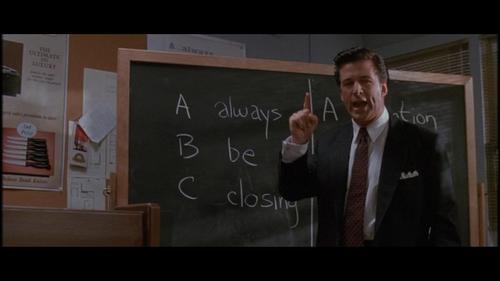
Lim Kuo-Yi spoke with our founders about consultative selling today. In an early stage startup environment, what the founders needed to find, was the fit between their products and their customers’ visions. Having won major contracts and signed on IBM as an system integrator for a USD $15mn governmental project, Kuo-Yi broke down his approach crossing that chasm. He shared three main pillars in closing a sale.
Who were you talking to
There were three types of people you needed to find in an organization: a) a decision maker/influencer; b) a coach; c) a champion.
Kuo-Yi pointed out that a decision maker was not defined by his or her title. It was the person that had the budget to make the decision. An influencer was not bad either; he or she could get other stakeholders’ interests aligned.
A coach was someone who could help you navigate the organization. This could be a sales person that sold into this particular business, an ex-employee who could help you see the structure, politics, and organizational planning cadences.
The champion was a person that bought into you and wanted to see you succeed, for whatever reason. This person had a vested interest to push through the deal.
Kuo-Yi recommended the Power Base Selling: how to build power within an organization.
Motivation
Why is this someone buying? It was crucial to understand his/her motivation. Whether it was for a personal win, to fulfill a key component in his/her legacy project, to squash an internal competitor, or for riches and fame.
The questions to ask in meetings to uncover these signals: are there programs in placed to achieve [insert goal], what is your main priority this year, your cadence of organization’s planning process.
The coach and the buyer himself should have the answers to help you navigate this part.
Their Budget
The final of the trio elements was understanding the budget.
Identify an allocated budget for your product and knowing when to back down was crucial. A good timing with the budget planning process could be the differentiator.
This required some understanding of where you were in the sales cycle. In a large company, this may take 6 months; that was just part of educating the stakeholders.
The coach and the champion in this case could help you figure this segment out.
Conclusion
A few other great gems Lim Kuo-Yi mentioned today: never ask for 1 hour meeting, 15-30 minutes was a much smaller barrier; ask for an internal proxy to help set up meetings with senior decision makers.
He also cautioned the founders to be thorough about the sales process. Kuo-Yi recalled a deal he lost because his team overlooked an backward compatibility detail, even though they had spent a year to get to know the client inside-out.
As a sales person: time is money. ABC!

